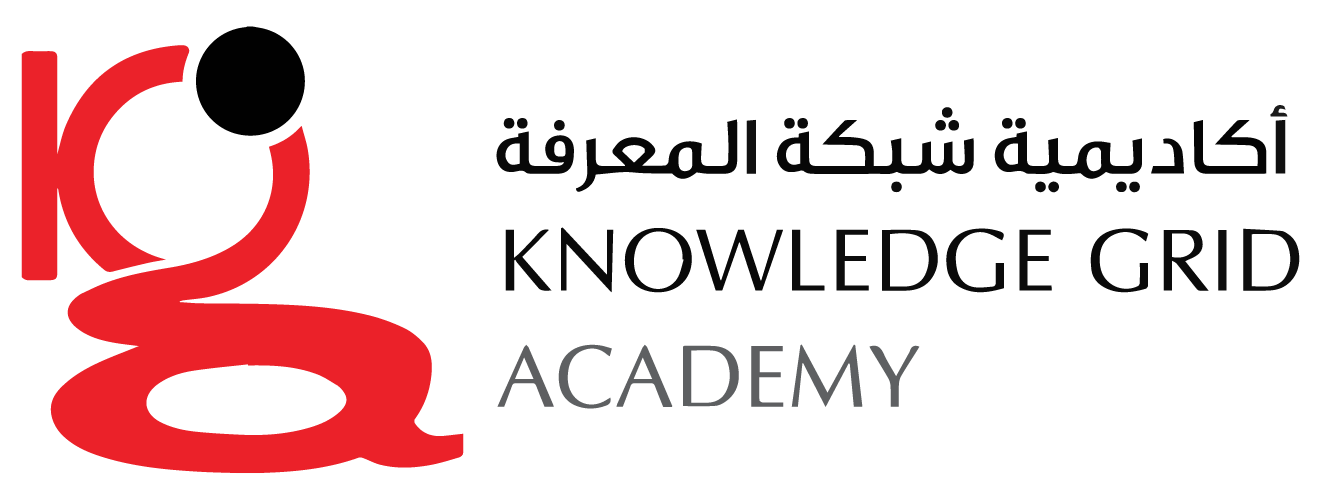Course Aim:
In this course, we will focus on the control of metallic corrosion by applying cathodic protection. This course was developed for cathodic protection field technicians, although this knowledge is also needed by corrosion engineering personnel.
Course Objectives:
At the end of the course, the trainee will be able to understand :
- Basics of electricity, electrical laws, electrochemistry, corrosion and CP theory
- Polarity related to current flow and metal corrosion activity
- Conduct tests to identify shorts and continuity tests in CP systems
- Use test instruments to perform a variety of field tests such as Structure-to-soil potentials, voltage and current measurements, soil
- Resistivity, pipe/cable locating and rectifier readings
- CP components including impressed current systems, galvanic anodes and test stations
- Read shunts and understand their use in rectifiers, bonds, and anodes
- Perform periodic surveys to confirm the effectiveness of a CP system Reference cells, their maintenance, use, and precautions
- Basic location mapping, report preparation, and record keeping
- Review safety issues snd code requirements specific to CP
Course Content:
Basics of corrosion :
- Basics of corrosion
- Potential and EMF table
- Types of corrosion (galvanic corrosion)
Basic concepts of cathodic protection :
- Protection measures
- Types of cathodic systems
- System selection
- Related standards
- Impressive conditions
- Advantages and disadvantages of cathodic system
Cathodic system performance :
- How to control corrosion
- Principles and basics of operation
- Types of controllable corrosion
- Advantages and disadvantages of various cathodic systems
- Basic principles and conditions affecting performance
Cathodic system equipment and its inspection :
- Types of injected current anodes
- Types of sacrificial anodes
- Boxes and their use
- Rectifier transformers
- Other accessories
Cathodic protection of pipelines :
- Types of anodic substrates
- Reference electrode and coupon
- Calculate the current required
- Required flow estimation methods
- Equivalent resistances
- Current damping
- Other calculations
- Rectifier considerations
- Important items in installation
- Maintenance
- Regular monitoring
- Maintenance and repair forms
- Other related matters
Cathodic protection of storage tanks :
- A variety of methods
- Reference electrode and coupon
- Calculate the current required
- Required flow estimation methods
- Equivalent resistances
- Calculate the gradient
- Other calculations
- Rectifier Considerations
- Important items in installation
- Maintenance
- Regular monitoring
- Maintenance and repair forms
- Other related matters
Who Should Attend?
The course assumes a minimal level of understanding of electrical principles, and is aimed at those who have duty holder responsibilities, those who are responsible for managing electrical systems and those who maintain and operate electrical equipment at both Low Voltage and High Voltage.
